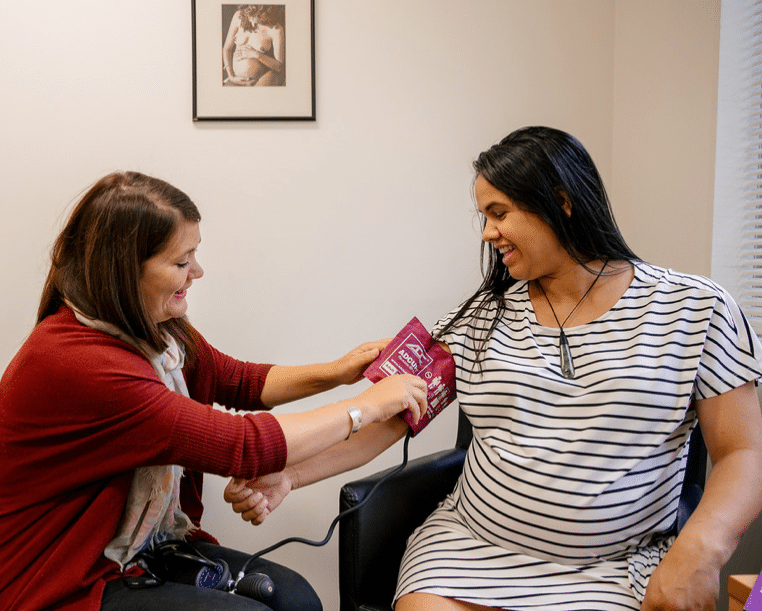Midwives are registered health professionals whose expertise is providing care to women and their babies during pregnancy, labour and birth and the first six weeks after birth.
Midwives practise in a variety of settings including the home, the community, hospitals, birthing units or in any other maternity services. Midwives who work in hospitals, as “core midwives” work rostered shifts to provide 24 hour care while women are inpatients. Core midwives work alongside their Lead Maternity Carer (LMC) colleagues and other health professionals to ensure women receive the care that meets their needs.
Click here if you would like to read about the definition and Scope of Practice of midwives
Midwives complete a Bachelor of Midwifery degree in order to gain the knowledge, skills and experience to provide safe and professional midwifery care. Once qualified midwives are then registered with the Midwifery Council of New Zealand and are required to have an Annual Practising Certificate. New graduate midwives are supported in their first year of practice by mentor midwives in a defined practice programme (Midwifery First Year of Practice Programme).
New Zealand midwives work in a partnership model of care with women. In this model each woman and her midwife are partners, working together to ensure that the woman has care that best meets her individual needs.
Midwives provide free maternity care to all eligible women in New Zealand and the vast majority of New Zealand women have a midwife as their Lead Maternity Carer. LMC midwives work with other members of the health care team if women need additional care during pregnancy, labour and birth or the postnatal period.
